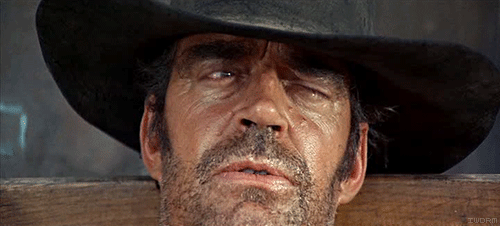Nor was Ireland's connection with the East confined to the inter- mediary of Gaul. Irish pilgrimages to Egypt continued until the end of the eighth century, and Dicuil records a topographical exploration of that country made by two Irishmen, Fidelis and his companion. Documentary evidence is yet extant, proving that even home-keeping Irishmen were not debarred from all acquaintance with the East. The Saltair na Rann contains an Irish version of the Book of Adam and Eve, a work written in Egypt in the fifth or sixth century, of which no mention outside of Ireland is known. Adamnain's work, De Locis Sanctis, contains an account of the monastery on Mount Tabor, which might stand for the description of an Irish monastic community of his day. Indeed, the whole system both of the anchoretic and coenobitic life in Ireland corresponds closely to that which prevailed in Egypt and Syria; the monastic communities, consisting of groups of detached huts or beehive cells, and of the other earliest examples of Irish ecclesiastical architecture, all suggest Syrian origin; and Dr. G. T. Stokes holds that 'the Irish schools were most probably modelled after the forms and rules of the Egyptian Lauras'.
But it was not only Syrian and Egyptian influences to which Ireland was subjected by its intercourse with South Gaul. The civilization of that country was essentially Greek, and so remained for many centuries after the Christian era; and this circumstance no doubt contributed to the well-known survival of Greek learning in the Irish schools, long after it had almost perished in the rest of Western Europe. It is not to be supposed that this learning was characterized by accuracy of scholarship, or by a wide acquaintance with Classical literature; but neither was it always restricted to a mere smattering of the language or, to passages and quotations picked up at second-hand. Johannes Scotus Erigena translated the works of the pseudo-Areopagite; Dicuil and Firghil (Virgilius, Bishop of Salzburg), studied the Greek books of Science; Homer, Aristotle, and other Classical authors were known to some of the Irish writers; several of the Irish divines were acquainted with the Greek Fathers and other theological works. Nor were the Greeks in person unknown to Ireland. Many Greek clerics had taken refuge there during the Iconoclast persecution, and left traces which were recognizable in Archbishop Ussher's day; and the old poem on the Fair of Carman makes mention of the Greek merchants who resorted thither.
It is thus apparent that the Irish writer possessed ample means of becoming acquainted with the traditions, both oral and written, of the Greek and Eastern Churches. The knowledge thus acquired extended to the Apocalyptic Visions, as is proved by internal evidence furnished by the Irish Visions, both by way of direct reference, and by the nature of their contents. It remains to see how far the predilection which the Irish writers manifested for this class of literature, and the special characteristics which it assumes in their hands, may have been determined by their familiarity with analogous ideas already existing in their national literature.
At the period in question, the traditional literature of Ireland would appear to have entered into the national life to no less a degree than in Greece itself. Indeed, in certain respects, it was still more closely interwoven with the habits of the people and the framework of society than in Greece, for the literary profession was provided for by a public endowment, something like that of an established National Church, and its professors constituted a body organized by law, and occupying a recognized position in the State. |















 Reply With Quote
Reply With Quote








